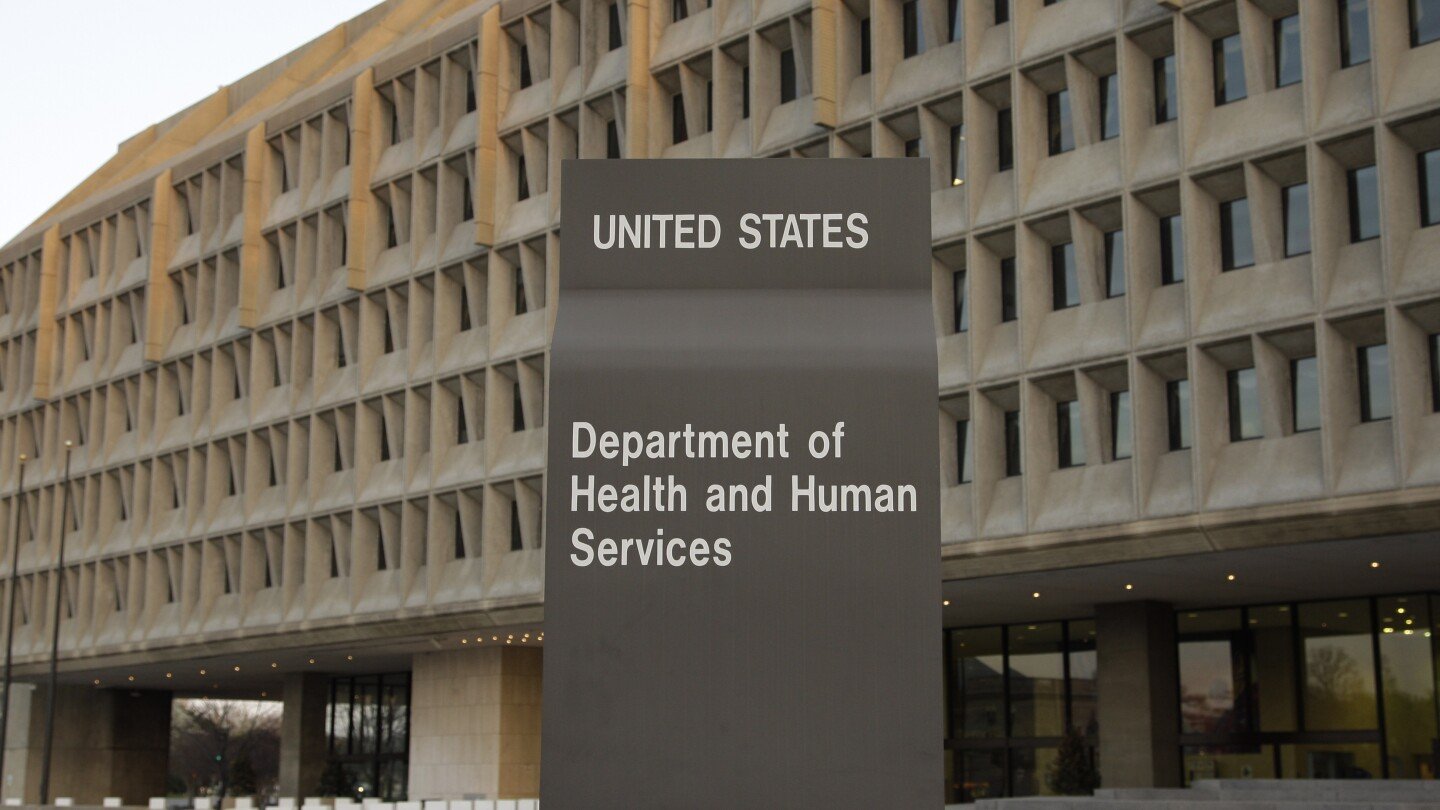- cross-posted to:
- news@lemmy.world
- cross-posted to:
- news@lemmy.world
As Salvatore LoGrande fought cancer and all the pain that came with it, his daughters promised to keep him in the white, pitched roof house he worked so hard to buy all those decades ago.
So, Sandy LoGrande thought it was a mistake when, a year after her father’s death, Massachusetts billed her $177,000 for her father’s Medicaid expenses and threatened to sue for his home if she didn’t pay up quickly.
“The home was everything,” to her father said LoGrande, 57.
But the bill and accompanying threat weren’t a mistake.
Rather, it was part of a routine process the federal government requires of every state: to recover money from the assets of dead people who, in their final years, relied on Medicaid, the taxpayer-funded health insurance for the poorest Americans.
A person’s home is typically exempt from qualifying for Medicaid. But it is subject to the estate recovery process for those who were over 55 and used Medicaid to pay for long-term care such as nursing home stays or in-home health care.
This month, a Democratic lawmaker proposed scuttling the “cruel” program altogether. Critics argue the program collects too little — roughly 1% — of the more than $150 billion Medicaid spends yearly on long-term care. They also say many states fail to warn people who sign up for Medicaid that big bills and claims to their property might await their families once they die.



With health coverage being tied to employment, and employment taking up every shred of energy from large swaths of the population due to very low wages and long hours (a solid chunk of said wages go directly to health coverage, and many people work a bunch of overtime or a second job just to get by), I’m not really sure how people would, by and large, have an opportunity to really do anything about it.
Like yeah, everyone hates it and wants it to change, but if you take time to protest (even if you cover it with pto), you may lose your job for the effort, even if they just find out you went or whatever. It’s not protected action, employment-wise (thanks, union busting). And any other support for it also needs a lot of time and energy…
Basically employers have set it up this way to strap us over a barrel. It’s all intentional to take away our ability to really do anything about it. Keep us slaving, cuz the alternative might just be death.
Sadly I think it’ll need to be even worse before we see large scale risk taking by the population… when you have nothing left to lose you fear no loss… until then you try to survive best you can.